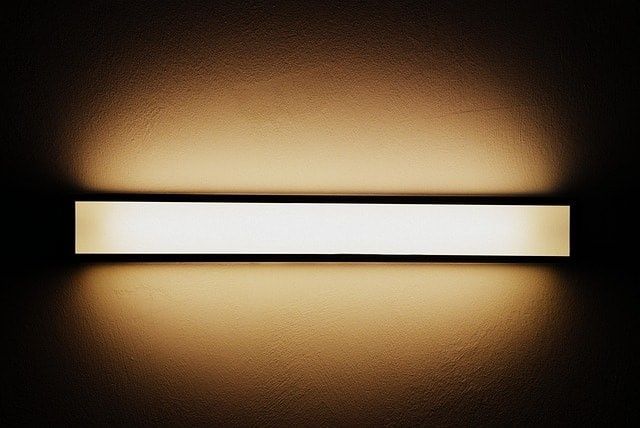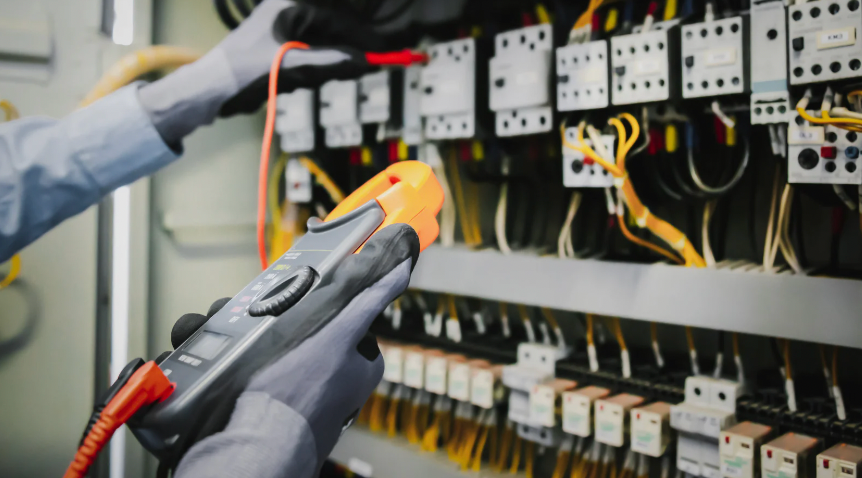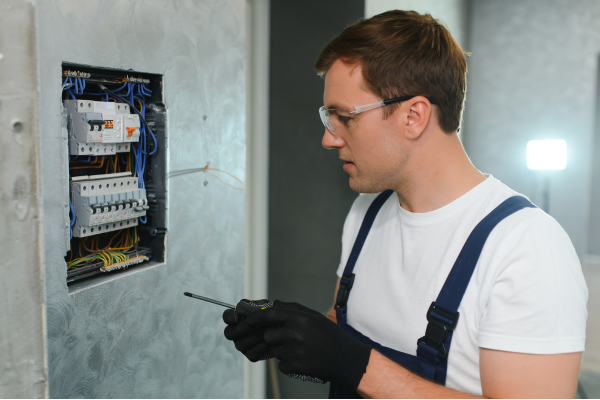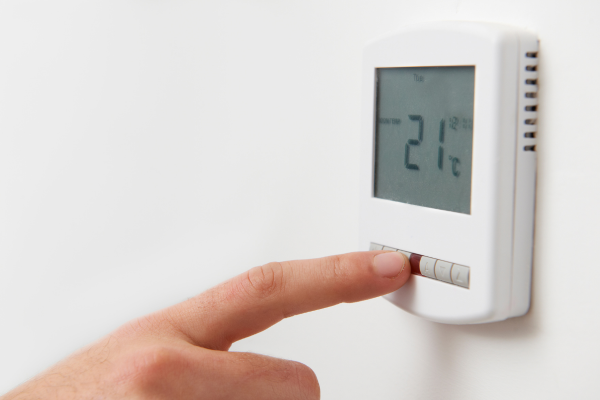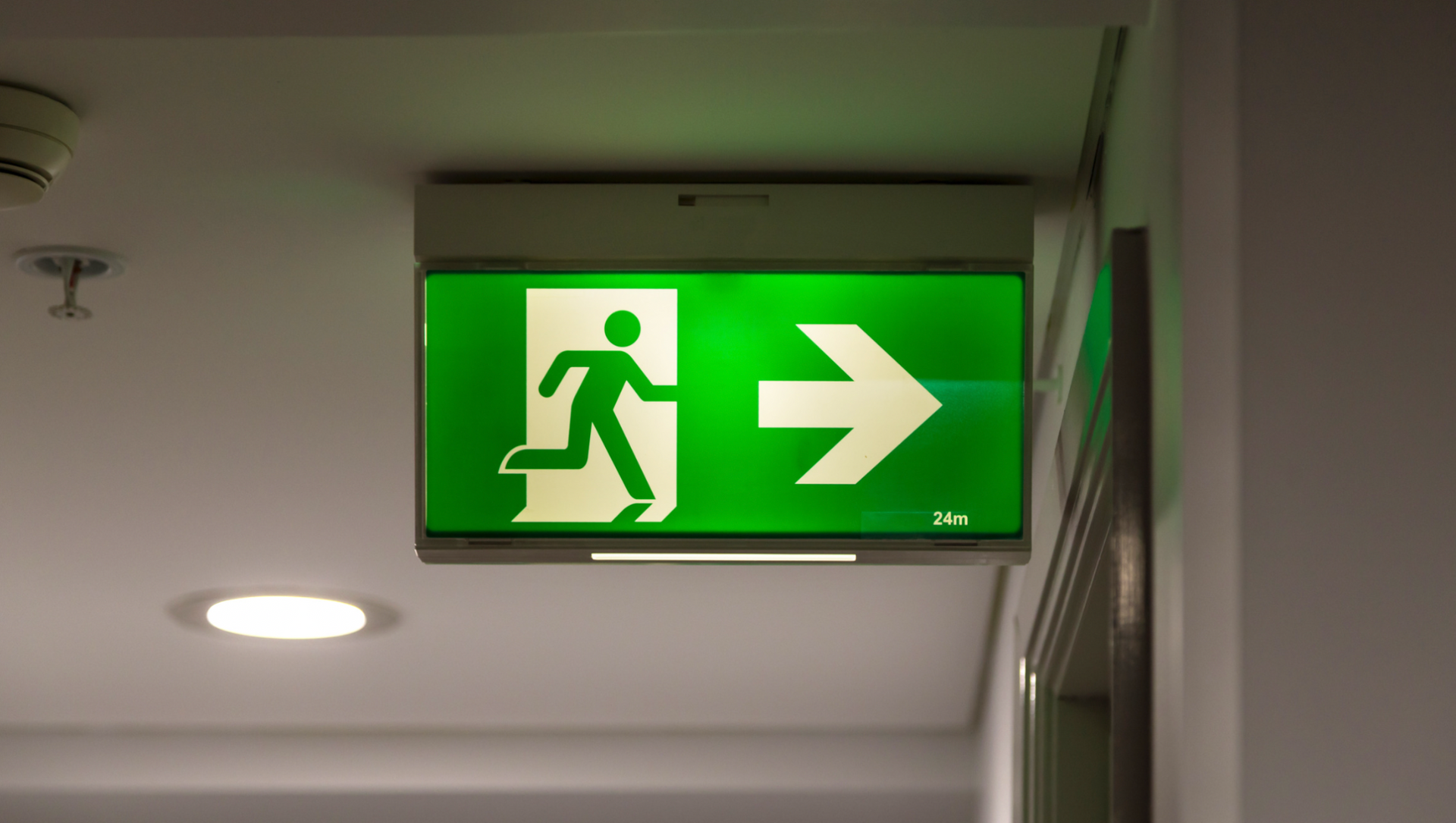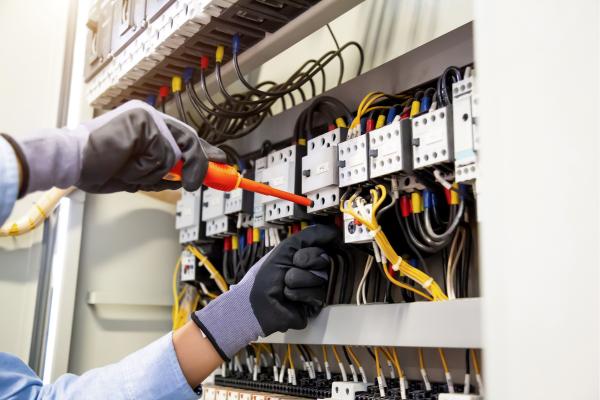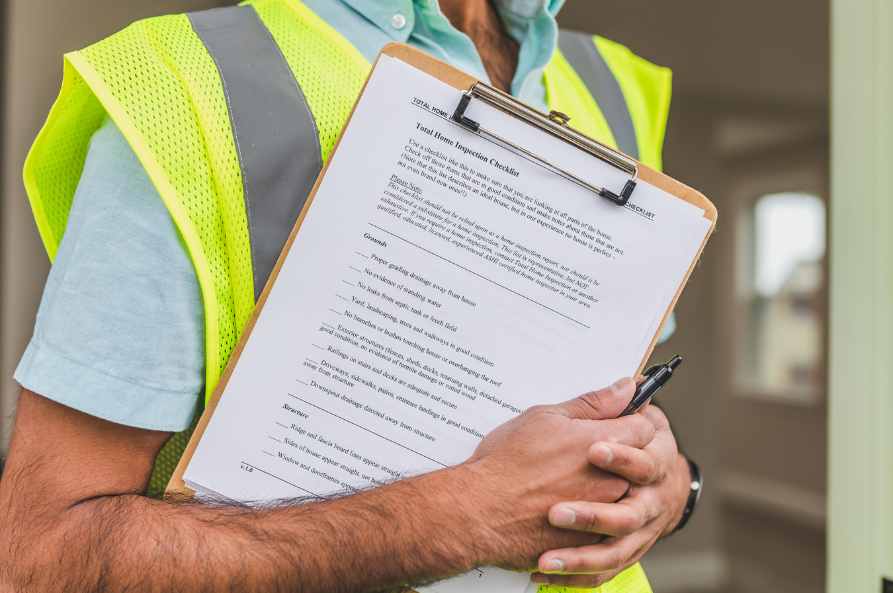What Does EICR Stand For, and Who is Responsible For Them on a Residential or Commercial Property?
Introduction
Understanding the responsibilities of an electrical safety certificate is crucial for anyone involved in property management. If you've heard the term EICR and wondered what it stands for or who is responsible for ensuring these reports are carried out, you're in the right place. This article will explain everything you need to know about Electrical Installation Condition Reports (EICRs), their importance, and their legal responsibilities.
What Is an EICR?
Definition of EICR
An EICR is a detailed report that assesses the safety and condition of electrical installations within a property. It is a key document used to ensure that electrical systems meet current electrical safety standards and regulations.
Importance of EICR
EICRs are essential for identifying potential electrical hazards, ensuring that electrical installations are safe, and complying with legal requirements. They help in maintaining the safety of both residential and commercial properties.
Who Is Responsible for EICRs?
Responsibilities in Residential Properties
Private Landlords
Private landlords are responsible for ensuring that an EICR is conducted for residential properties. This responsibility falls under the regulations set out in the Electrical Safety Report (EICR) West London in the Private Rented Sector (England) Regulations 2020. Landlords must ensure that the electrical installations in their rental properties are inspected and tested at least every five years.
Tenants’ Role
On the other hand, tenants are not responsible for arranging or paying for the EICR. However, they should allow access for periodic inspection and promptly report any electrical issues to their landlord.
Responsibilities in Commercial Properties
Commercial Landlords
The responsibility for EICRs in commercial properties lies with the commercial landlord. The regulations may vary depending on the lease agreements and local authority requirements, but landlords must ensure that periodic electrical inspection are carried out to meet safety standards.
Commercial Tenants
In commercial leases, the responsibility for the electrical safety of a property can sometimes be specified in the lease agreement. Commercial tenants may be required to arrange for their EICRs if stipulated in the lease.
When Should EICRs Be Conducted?
Frequency of Inspections
Residential Properties
In residential properties, an EICR must be conducted at least every five years or sooner if there are signs of potential hazards. New tenancies require an up-to-date EICR before the start of the tenancy.
Commercial Properties
For commercial properties, the frequency of EICRs may vary depending on the type of business, the nature of the electrical installations, and any specific requirements outlined in the lease agreement. Typically, inspections are recommended at least every five years.
How Is an EICR Conducted?
The Inspection Process
Qualified Electricians
A qualified and competent person, such as a registered electrician, must conduct an EICR. This individual must have the necessary qualifications and experience to perform a thorough inspection of the electrical systems.
What the Inspection Covers
The inspection thoroughly checks the fixed electrical installations, such as wiring, fuse boxes, and plug sockets. It also assesses the overall condition of the electrical systems, ensuring they meet current safety regulations.
What Happens After an EICR?
Receiving the Report
Understanding the Findings
Once the inspection is complete, the electrician will provide a detailed report outlining the condition of the electrical installation. This report will include any issues found and recommendations for remedial work if necessary.
Remedial Work
If the EICR identifies any issues, such as faulty wiring or non-compliance with safety standards, remedial work must be carried out to address these problems. The property owner or landlord must complete any required repairs or upgrades.
Legal Consequences of Not Conducting an EICR
Legal Requirements
For Residential Properties
Failure to conduct an EICR in a residential property can lead to legal consequences for landlords, including fines and penalties. Additionally, the landlord could be liable for damages and injuries resulting from non-compliance in an electrical incident.
For Commercial Properties
Commercial landlords who fail to conduct EICRs may face similar legal consequences, including potential legal action from tenants or regulatory bodies. Ensuring compliance with electrical safety regulations is essential for avoiding legal issues.
Conclusion
An Electrical Installation Condition Report (EICR) ensures electrical safety in residential and commercial properties. Understanding who is responsible for arranging these inspections and the importance of maintaining electrical safety standards can help protect both property owners and tenants. Regular inspections conducted by qualified electricians are vital in identifying potential hazards and ensuring compliance with safety regulations.
FAQs
How often should an EICR be conducted in a residential property?
An EICR on a residential property should be conducted at least every five years. New tenancies require an up-to-date report before they begin.
Who is responsible for arranging an EICR in a commercial property?
The landlord is typically responsible for arranging the EICR in a commercial property. However, the lease agreement may specify additional responsibilities for the tenant.
3. What are the consequences of not conducting an EICR?
Failing to conduct an EICR can result in legal penalties, fines, and potential liability for damages or injuries caused by electrical faults. Compliance with safety regulations is essential.
4. Can tenants request an EICR?
Tenants can request an EICR if they have concerns about electrical safety, but the landlord is generally responsible for arranging and paying for the report.
5. How can I find a qualified electrician for an EICR?
Look for registered electricians with a recognised body, such as the National Inspection Council for Electrical Installation Contracting (NICEIC) or the Electrical Contractors’ Association (ECA). They should have the necessary qualifications and experience to conduct EICRs.
What are the consequences of not conducting an EICR?
Failing to conduct an EICR can result in legal penalties, fines, and potential liability for damages or injuries caused by electrical faults. Compliance with safety regulations is essential.
Can tenants request an EICR?
Tenants can request an EICR if they have concerns about electrical safety, but the landlord is generally responsible for arranging and paying for the report.
How can I find a qualified electrician for an EICR?
Look for registered electricians with a recognised body, such as the National Inspection Council for Electrical Installation Contracting (NICEIC) or the Electrical Contractors’ Association (ECA). They should have the necessary qualifications and experience to conduct EICRs.

